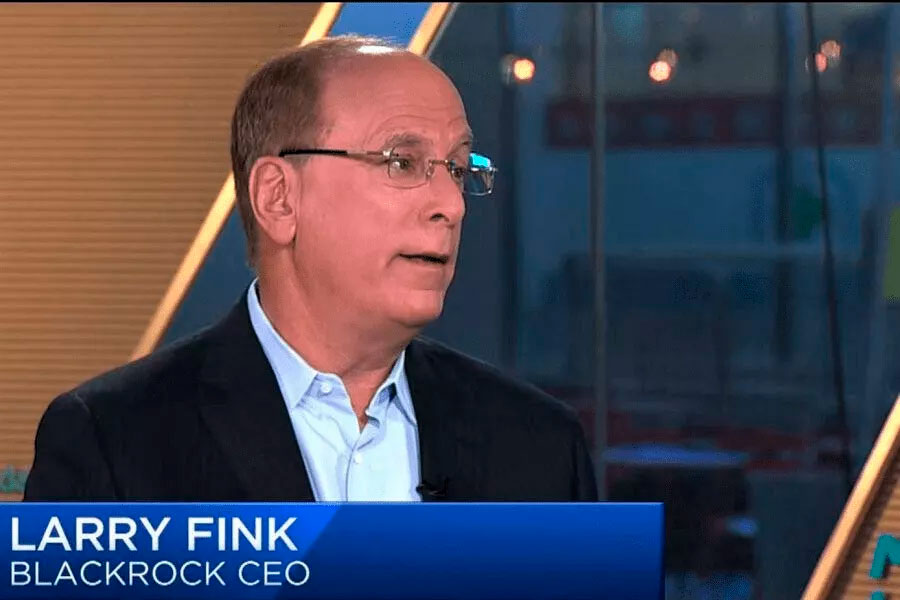
Larry Fink, CEO of BlackRock, stated that the tokenisation of securities would represent the next generation of markets and securities. In the blockchain world, tokenisation creates a digital representation of an asset on a blockchain, thereby authenticating the asset’s transaction and ownership history.
This method enables an alternative method for exchanging assets such as stocks, bonds, real estate, and even alternative assets such as land, wine, and art, allowing the transfers to be recorded on a public ledger.
Fink stated at a New York Times DealBook event that tokenisation would result in immediate settlement and lower fees. Despite these benefits, he stressed that creating this type of technology will not affect the business model of BlackRock.
Alongside the promise of blockchain, the CEO also addressed several current economic issues, such as the impact of the Russia-Ukraine conflict, China’s evolving role, and the global inflationary pressure that has affected the majority of developed economies this year.
However, BlackRock is not alone in relying on tokenisation as the future of financial services.

Adam Neumann’s Flowcarbon, a startup that tokenises carbon credits and is led by WeWork’s former founder, has recently attracted $70 million in funding from prominent investors such as a16z, General Catalyst, and Samsung Venture Investment.
In November, JPMorgan enlisted Polygon to trade tokenised cash deposits in a trial in Singapore via Onyx Digital Assets, a private blockchain the bank developed.
In some of its whitepapers, the bank has also touted the benefits of tokenisation, stating that tokenisation could enable more open delivery of financial services.
Despite his optimistic outlook on tokenisation, the CEO stated that he believes most cryptocurrency-related companies “will not be around” in the future, whereas blockchain technology will be extremely important.



